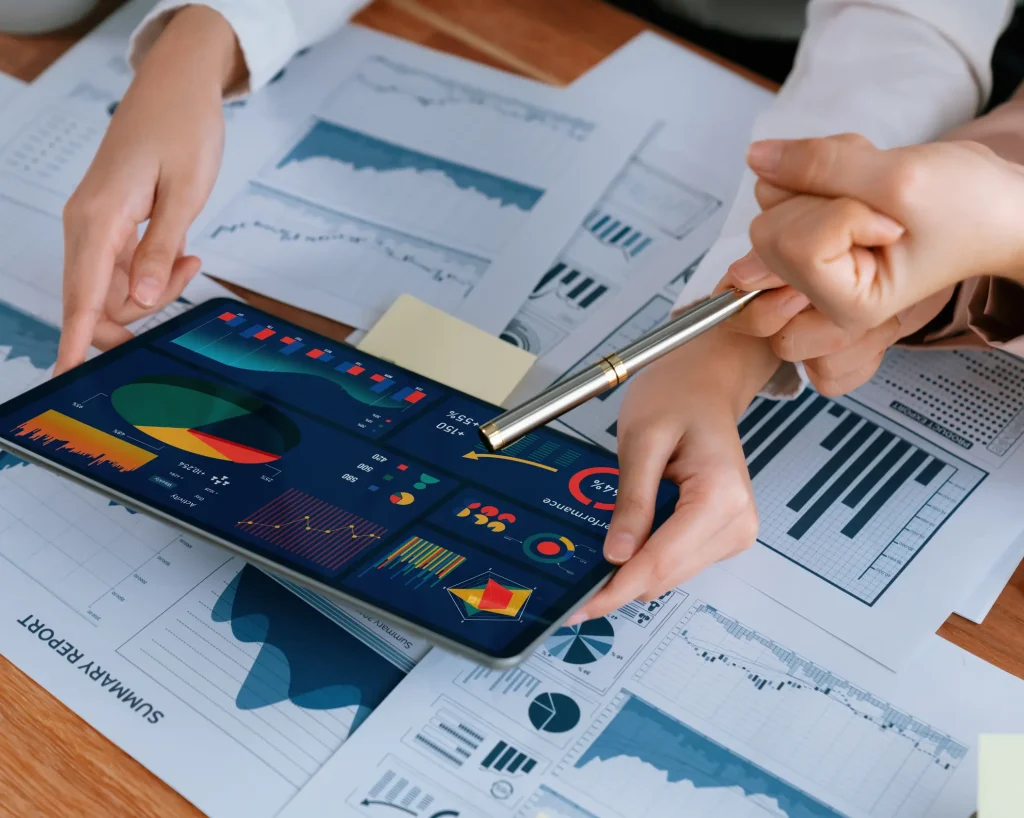The Future of Digital Marketing: What to Expect in 2025

As we navigate through 2025, the future of digital marketing is taking shape in fascinating ways. With new technologies and evolving consumer behavior, businesses need to adapt quickly to remain competitive. Understanding these changes can help marketers craft strategies that resonate with their target audiences while leveraging the latest innovations.
AI and Automation: The Backbone of Marketing
Artificial intelligence (AI) is no longer a futuristic concept—it’s now a driving force in the future of digital marketing. Automation tools are streamlining repetitive tasks like email marketing, ad bidding, and customer segmentation, allowing marketers to focus on strategy and creativity.
- Personalization at Scale: AI analyzes data to deliver hyper-personalized content, enhancing user experience.
- Chatbots for Instant Support: Chatbots are becoming more advanced, offering real-time assistance that feels human.
- Predictive Analytics: AI helps predict consumer behavior, enabling marketers to anticipate needs and adjust campaigns accordingly.
Brands leveraging AI effectively will likely lead the way in engaging customers and driving conversions.
The Rise of Voice and Visual Search
Voice and visual search are shaping the future of digital marketing by changing how people seek information online. With devices like smart speakers and AI-powered cameras, users now expect quick, accurate responses.
- Voice Search Optimization: Content must be optimized for natural language queries. Think conversational, question-based keywords.
- Visual Search Capabilities: Platforms like Pinterest and Google Lens allow users to search via images, requiring brands to optimize visuals with relevant tags.
Ignoring these search methods could lead to missed opportunities in reaching a broader audience.
Data Privacy and Ethical Marketing
In 2025, data privacy is more critical than ever. Stricter regulations, like the GDPR and California’s CCPA, mean brands must prioritize ethical marketing practices.
- Transparent Data Collection: Consumers expect brands to be clear about data usage.
- First-Party Data Strategies: As third-party cookies phase out, businesses are focusing on collecting first-party data for personalized marketing.
Balancing personalization with privacy will be a defining factor in the future of digital marketing.
Final Thoughts
The future of digital marketing is dynamic and rapidly evolving. As AI, voice search, and data privacy reshape the landscape, marketers must remain agile, innovative, and ethical to succeed. Staying ahead of these trends will be crucial for maintaining a competitive edge.